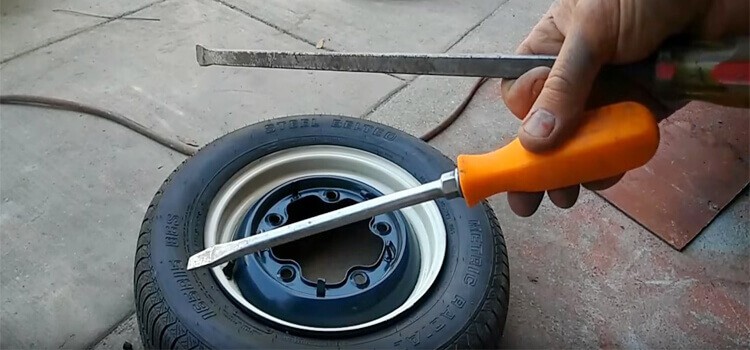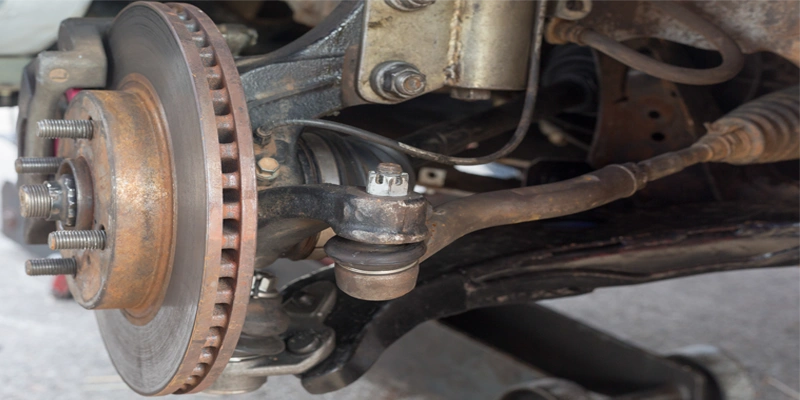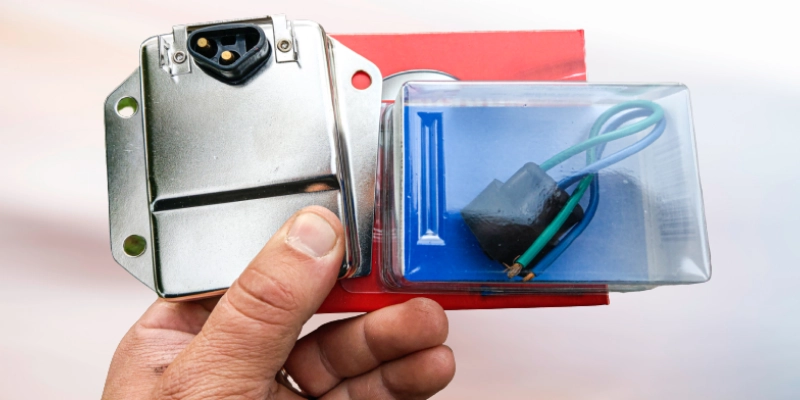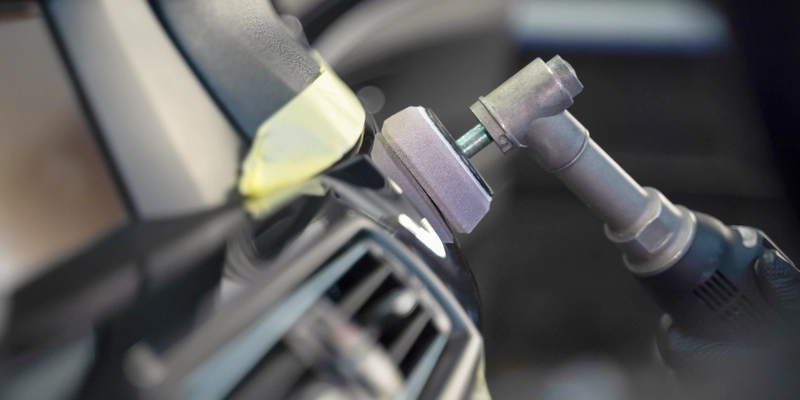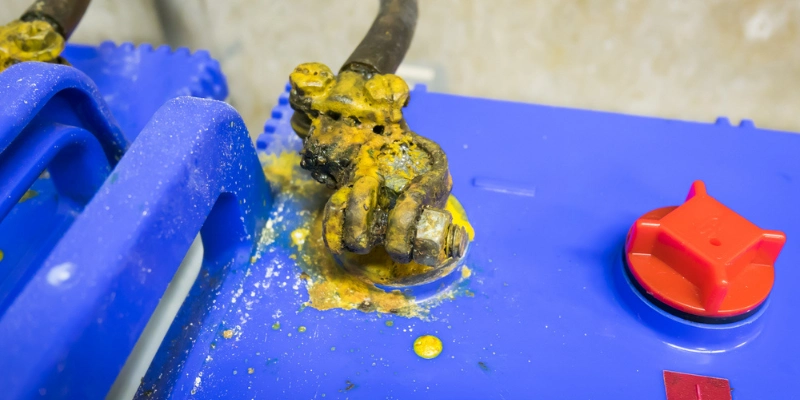Change your car’s oil every 3,000 to 5,000 miles. Follow the manufacturer’s recommendation for optimal performance.
Regular oil changes are crucial for maintaining your car’s engine health. Oil lubricates engine parts, reducing friction and preventing wear. Over time, oil breaks down and loses its effectiveness. This can lead to engine damage and decreased performance. Newer vehicles often have longer intervals between oil changes due to advanced engine technology and high-quality oils.
Always refer to your car’s owner manual for specific guidelines. Keeping up with regular oil changes ensures a longer lifespan for your engine, improves fuel efficiency, and reduces the risk of costly repairs. Proper maintenance can save you time and money in the long ru
Importance Of Regular Oil Changes
Regular oil changes help your engine last longer. Clean oil keeps engine parts from wearing out. Dirty oil can cause damage over time. Changing oil often reduces engine wear and tear. This keeps your car running smoothly.
Fresh oil improves fuel efficiency. Clean oil lets your engine run more easily. This uses less gas. Regular oil changes save money at the pump. Keep your car’s oil clean for better mileage.

Manufacturer Recommendations
Car manufacturers typically recommend changing your car’s oil every 5,000 to 7,500 miles. Regular oil changes ensure optimal engine performance and longevity. Always consult your vehicle’s manual for specific intervals.
Owner’s Manual Guidelines
The owner’s manual is the best guide. It tells you how often to change your car’s oil. Follow the recommended schedule to keep your car healthy. This schedule is made by experts who designed your car. Most cars need an oil change every 5,000 to 7,500 miles. Some cars can go up to 10,000 miles between oil changes.
New Vs. Older Models
Newer cars often have better engines. They can go longer without an oil change. Older cars might need more frequent oil changes. Wear and tear affect older engines more. Always check the owner’s manual for the best advice. Regular oil changes keep your car running smoothly.
Driving Conditions
City driving involves frequent stops and starts. This puts more stress on your car’s engine. Oil breaks down faster in these conditions. Highway driving is steadier and less stressful for the engine. Oil lasts longer on highways. Regularly check your oil level and quality.
Extreme cold makes oil thicker. Thick oil moves slowly and doesn’t lubricate well. Extreme heat causes oil to break down faster. This reduces its effectiveness. Always use oil suitable for your climate. Check your owner’s manual for recommendations.
Types Of Motor Oil
Conventional oil is the most common type. It is ideal for light-duty vehicles. This oil is made from refined crude oil. It offers basic lubrication properties. Regular oil changes are needed with conventional oil. It is usually cheaper than synthetic oil. But it breaks down faster.
Synthetic oil is made using chemical compounds. It provides better performance. This oil lasts longer than conventional oil. It can withstand extreme temperatures. Synthetic oil protects the engine better. It is more expensive. But it can save money in the long run.
Signs Your Oil Needs Changing
Fresh oil looks golden or amber. Dirty oil turns dark brown or black. Check the oil’s texture. Clean oil feels smooth. Dirty oil feels gritty. Gritty oil can damage the engine. Always check the oil level too. Low oil levels can harm the engine.
Unusual engine noise can be a sign. The engine may get louder. Knocking sounds are a bad sign. This means the oil is not working well. Oil reduces friction in the engine. Without good oil, parts rub together. This makes the engine noisy.

Diy Oil Change
You need a socket wrench to remove the oil plug. An oil filter wrench helps take off the oil filter. A drain pan catches the old oil. Don’t forget a funnel for pouring new oil. Gloves keep your hands clean. An oil filter and new oil are essential.
Warm up the car for a few minutes. This helps the oil flow out easily. Place the drain pan under the oil plug. Use the socket wrench to remove the plug. Let the old oil drain completely. Replace the oil plug tightly.
Next, use the oil filter wrench to remove the old filter. Apply a bit of new oil to the new filter’s gasket. Screw on the new filter by hand. Don’t over-tighten it. Use the funnel to pour new oil into the engine. Check the oil level with the dipstick.
Professional Oil Change Services
Professional oil change services provide quick and efficient service. Technicians check the oil level and oil quality. They replace the old oil with fresh, clean oil. Technicians also inspect the oil filter and replace it if needed. This process helps maintain your car’s engine health. It also improves fuel efficiency and performance.
The cost of an oil change can vary. Some factors include the type of oil used and the make and model of your car. Synthetic oils are usually more expensive than conventional oils. Service providers may offer discounts or coupons. It is important to compare prices and services before choosing.
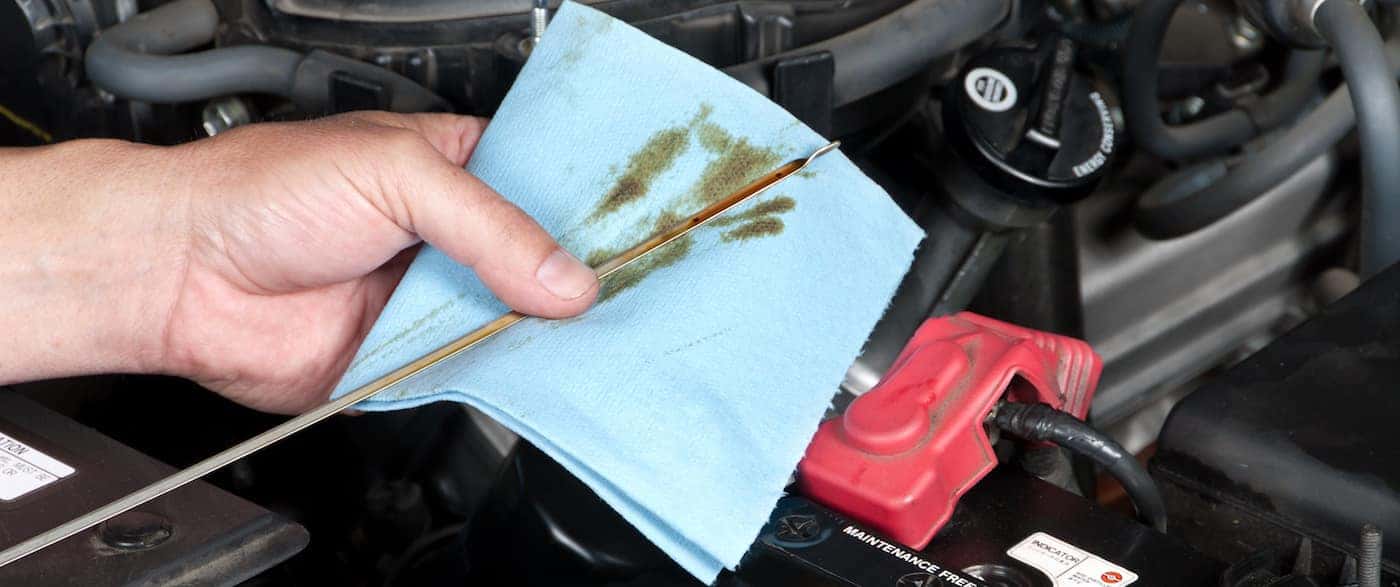
Environmental Impact
Used motor oil can harm the environment. It should never be poured down drains. Take used oil to a recycling center. Many auto shops offer oil disposal services. This keeps harmful substances out of water sources. Proper disposal helps protect wildlife and plants.
Choose eco-friendly oil options. Some oils are made from recycled materials. These oils reduce waste and pollution. Biodegradable oils break down faster in nature. Look for oils with low toxic chemicals. This makes them safer for the environment.
Frequently Asked Questions
How Often Should Car Oil Be Changed?
Typically, change your car’s oil every 3,000 to 5,000 miles. Check your owner’s manual for specific recommendations. Driving conditions also impact frequency.
Can I Go Longer Between Oil Changes?
Modern engines and synthetic oils can extend intervals. Some cars can go 7,500 to 10,000 miles. Always consult your owner’s manual.
What Happens If Oil Isn’t Changed?
Failing to change oil can cause engine sludge, reduced performance, and potential engine damage. Regular oil changes ensure longevity and efficiency.
Does Synthetic Oil Last Longer?
Yes, synthetic oil generally lasts longer than conventional oil. It offers better protection and can extend intervals up to 10,000 miles.
Conclusion
Regular oil changes are essential for your car’s longevity. Follow your manufacturer’s guidelines for optimal performance. Typically, change your oil every 3,000 to 7,500 miles. Driving conditions and oil type may influence this interval. Always consult your vehicle’s manual and stay proactive with maintenance to ensure a smooth-running engine.

